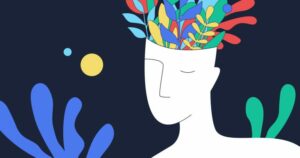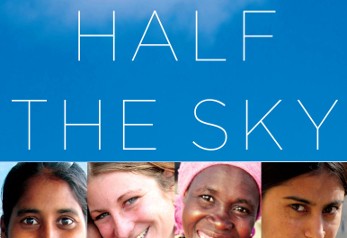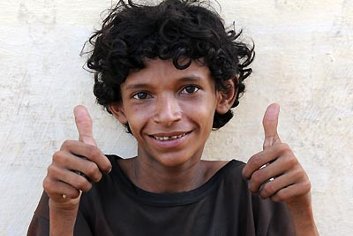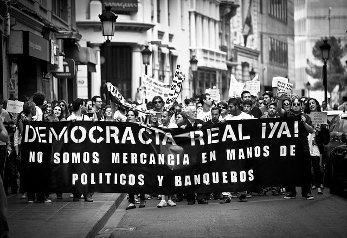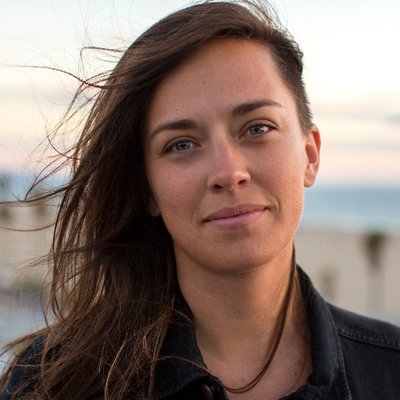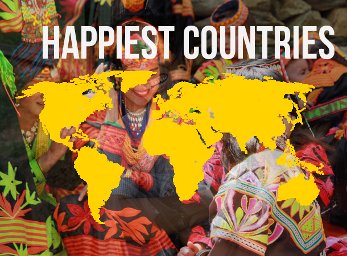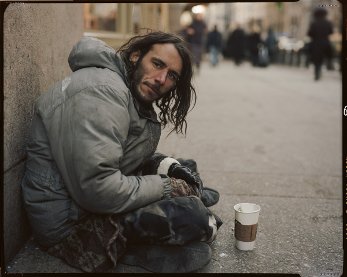OLBIOS INTERVIEW / ALOKESH SHARMA
OLBIOS: How would you describe the collective experience of the crisis in India and what has struck you the most about it?
Alokesh Sharma: In all human history, never have the tools existed for all of us to come together in such virtual ways. In all of history, never have humans been united in their pursuit of anything. If this pandemic had happened 40 years ago, what do you think would have happened? Communications barely existed, science was not as smart and swift to learn, actions could not have been as quick, nor dissemination even remotely as fast as it is today.
So, what is the message that we are being asked to consider? I took some time to ponder about it and reflect deeper into it as a development professional. Maybe it is nature’s way to balance out things. We had been ruthless to nature for a long time. Maybe it is a way to make people realize how nature and some entity are beyond us.
During this pandemic, each of us has chosen our paths. But mostly it is the path of collaboration. It is beautiful to see how humanity is thriving and how most people are coming together to help and support each other. This confirms the fact that humanity and nature have always and can in future complement each other and prosper.
It is great to see how people in our country are coming together to support each other. Several civil society organizations are working to provide food to migrants traveling back home due to the lockdown. Even an ounce of humanity will go a long way in changing the world for good.
O: On a social level, has this crisis been an eye-opener and an opportunity for important insights and significant changes and lessons to be learned in many domains? Could you give one or more examples?
A.S. : During this pandemic, I realized how forms of organizations are shaped based on the essence and need and purpose. As a development professional, it made me realize how the purpose is always important. COVID 19 has prominently led to a shift in the focus and purpose of the global economy to facilitate exchanges of money or ‘exchange value’.
However, the gap in the systemic framework has made us realize the importance of strengthening health and logistics (supply chain) structures. Now the aim should be on reducing contact rather than output to keep the flow of exchange value going. At such a juncture do we use our resources to maximize exchanges and money or use them to maximize life?
I believe that state socialism is a necessary model we need at the heart to address this problem and draw the macro aspect of state socialism to its micro-elements, i.e., community. We can protect life by protecting parts of society and the economy essential for life. We should create a realm where community members should not rely on external entities as intermediaries between them and essentials and address the local issues locally.
As a community, we should not only focus on addressing the pandemic but create structures that would enable us to recover and enhance the depleted structures. COVID 19 has further exacerbated our education, health and livelihood structures and indicators. From the history of people’s response to the pandemic in 1918, the Ebola outbreak and the recent reaction of China’s response to the Wuhan outbreak we can definitely state that groups organizing care packages and community support have gone a long way in addressing the problems arising from the outbreak. The community support network will enable rapid mobilization of required resources to effectively increase healthcare capacity.
O: Tell us about your work (on quality education, livelihood improvement, self-sustainable communities, social entrepreneurship issues and beyond) and if you think it has or is likely to become more complex or even more relevant after the crisis.
A.S. : I was a Teach For India Fellow and have founded 4 organizations to work on education, livelihood and using films as a tool for social change. I have always wondered about how solutions cannot be seen in isolation and a systemic lens is required for an integrated development approach. In the recent past few months, along with my colleagues
I have been working on co-creating community-owned frameworks and placing this model at the heart to address the pandemic problem and draw the macro aspect of state mechanisms to its micro-elements, i.e. community, and implement it. We think that we can protect life by protecting parts of society and the economy essentials for life. We should create a reality where community members (which consist of migrant workers) should not rely on external entities as intermediaries between them and essentials and address the local issues locally.
Mutual aid is necessary as our guiding light for the protection of life. As a community, we should not only focus on addressing the pandemic but create structures that would enable us to recover and enhance depleted structures. We aim to provide support to create local community networks and strengthen the same for resilience and readiness in the current situation. This solution would include themes of education, livelihood, governance and health in the pilot phase.
O: On a personal level, has this crisis changed your focus on what really matters and on future plans and courses of action?
A.S. : This crisis has re-emphasized the need for strong local community networks and has made my belief stronger that we do need an integrated approach. This approach needs to be taken to the interior of our country to every nook and corner.
It is on these lines that I am working on right now. We will soon be starting an experiential development learning journey for development professionals where peer learning can happen among local and non-local changemakers.
Alokesh Sharma
Founder of Kayantar Foundation
Founder of Aafaaq Foundation
